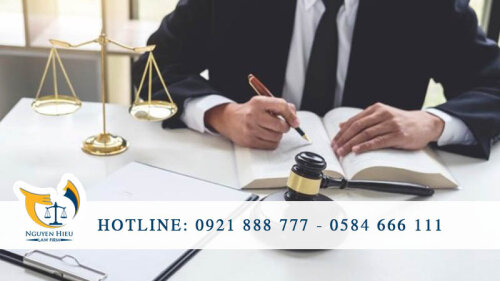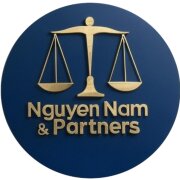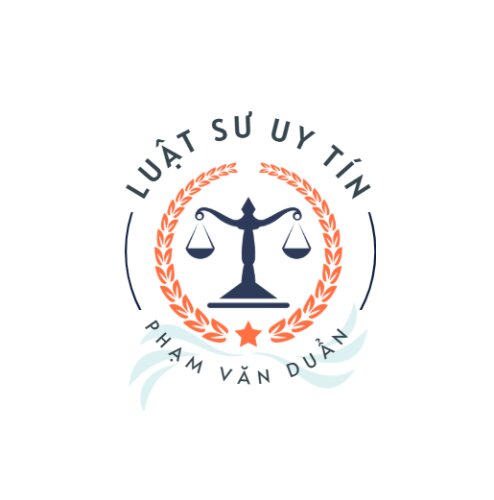Best Child Abuse Lawyers in Dong Nai
Share your needs with us, get contacted by law firms.
Free. Takes 2 min.
Free Guide to Hiring a Family Lawyer
List of the best lawyers in Dong Nai, Vietnam
About Child Abuse Law in Dong Nai, Vietnam
Child abuse is a serious and sensitive issue in Dong Nai, as in the rest of Vietnam. The law defines child abuse as any act or omission that causes physical, emotional, or psychological harm to a child, or that infringes on a child’s lawful rights and interests. This can include physical violence, neglect, emotional abuse, exploitation, and sexual abuse. Authorities in Dong Nai are working to strengthen protections for children in line with national law and international agreements, but incidents still occur and legal processes can be complex to navigate.
Why You May Need a Lawyer
If you or someone you know is involved in a child abuse situation in Dong Nai, seeking legal advice can be extremely helpful. Common situations where legal help may be needed include:
- Reporting suspected child abuse to authorities
- Assisting a child victim through investigations and courtroom procedures
- Defending individuals wrongfully accused of abuse
- Negotiating with government agencies or social services on behalf of a child
- Pursuing compensation or protective action for a victim
- Understanding complex legal obligations for educators or caretakers
Lawyers can help guide individuals through the often complex legal processes, protect their rights, and advocate for the best interests of the child.
Local Laws Overview
Vietnam’s national laws regarding child protection apply in Dong Nai, with the Law on Children (2016) and the Penal Code being central legal texts. Key aspects include:
- Any person under 16 is considered a child under Vietnamese law
- All forms of abuse, neglect, and exploitation of children are strictly prohibited
- The law mandates reporting obligations for citizens who become aware of child abuse
- Suspected abuse cases should be reported to local authorities, the police, or child protection agencies
- Perpetrators of abuse face severe criminal penalties, including imprisonment
- There are requirements for compensation and support for child victims
- Schools and other institutions have heightened responsibilities to prevent and report abuse
Local implementation in Dong Nai may involve the provincial Department of Labor, Invalids and Social Affairs, the police, People’s Committees, social workers, and legal aid centers dedicated to child protection cases.
Frequently Asked Questions
What is considered child abuse under Vietnamese law?
Child abuse includes physical violence, emotional abuse, sexual abuse, exploitation, and neglect by parents, teachers, caretakers, or others responsible for a child's wellbeing.
How do I report suspected child abuse in Dong Nai?
You can report suspected abuse to the local police, the People’s Committee, the Department of Labor, Invalids and Social Affairs, or through the national child protection hotline 111.
What rights do child victims have?
Child victims have the right to protection from further harm, psychological support, medical care, participation in legal proceedings, and compensation under the law.
Are teachers and caregivers legally required to report abuse?
Yes, teachers, social workers, and anyone else who becomes aware of abuse or exploitation of a child are legally required to report it without delay.
What are the penalties for child abuse in Dong Nai, Vietnam?
Penalties vary based on the severity of offense but can include heavy fines and prison sentences, as well as civil liability for damages to the victim.
Can parents lose custody if found guilty of abuse?
Yes, if a parent is found guilty of abuse, the court can remove custody and assign the child to another guardian or institution for protection.
How can a lawyer help a child abuse victim?
A lawyer can represent the victim’s interests, assist in gathering evidence, navigate the legal process, claim compensation, and ensure the child receives necessary protection and support.
Can allegations of abuse be resolved outside of court?
In some cases of lesser severity, mediation or intervention by social services may be used, but serious abuse allegations are usually prosecuted in criminal and family courts.
What should I do if I am wrongfully accused of child abuse?
Contact a qualified lawyer immediately to protect your rights, gather evidence, and defend yourself through the legal process.
Is support available for children testifying in court?
Yes, Vietnamese law requires special procedures to support child witnesses, including the presence of guardians, psychological support, and child-friendly interview techniques.
Additional Resources
If you are seeking help, advice, or support regarding child abuse in Dong Nai, you may find the following resources useful:
- National Child Protection Hotline: 111 (free, confidential, nationwide)
- Dong Nai Department of Labor, Invalids and Social Affairs: handles local child protection issues
- Dong Nai Police: report suspected crimes and emergencies
- Legal Aid Center of Dong Nai Province: offers free or low-cost legal assistance in child protection cases
- UNICEF Vietnam: provides general information and resources on child rights and protection
Next Steps
If you believe a child is at risk or has been harmed, take immediate action to protect their safety by contacting the relevant authorities listed above. If you require legal advice or representation, contact a reputable lawyer or a legal aid center in Dong Nai who is experienced in child protection cases. Document any evidence and keep records of all communications. Remain involved in the process to ensure the child’s interests are prioritized. Remember, acting quickly can make a significant difference in safeguarding a child and upholding their rights under Vietnamese law.
Lawzana helps you find the best lawyers and law firms in Dong Nai through a curated and pre-screened list of qualified legal professionals. Our platform offers rankings and detailed profiles of attorneys and law firms, allowing you to compare based on practice areas, including Child Abuse, experience, and client feedback.
Each profile includes a description of the firm's areas of practice, client reviews, team members and partners, year of establishment, spoken languages, office locations, contact information, social media presence, and any published articles or resources. Most firms on our platform speak English and are experienced in both local and international legal matters.
Get a quote from top-rated law firms in Dong Nai, Vietnam — quickly, securely, and without unnecessary hassle.
Disclaimer:
The information provided on this page is for general informational purposes only and does not constitute legal advice. While we strive to ensure the accuracy and relevance of the content, legal information may change over time, and interpretations of the law can vary. You should always consult with a qualified legal professional for advice specific to your situation.
We disclaim all liability for actions taken or not taken based on the content of this page. If you believe any information is incorrect or outdated, please contact us, and we will review and update it where appropriate.










